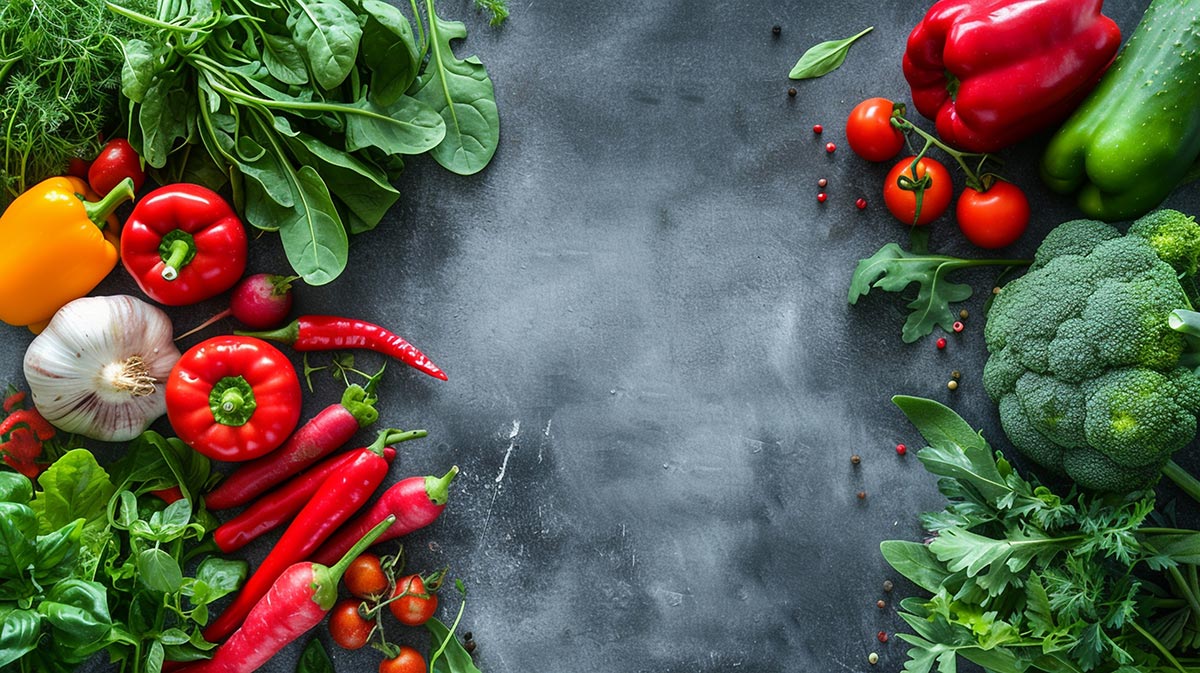Hello everyone! It’s Johanna Altman here, and today I’m excited to delve into a topic that resonates deeply with both my passion for sustainable living and holistic health: biodynamic farming and its impact on gut health. As someone who has always championed the importance of understanding where our food comes from, I’ve become increasingly fascinated by how biodynamic farming not only supports the environment but also profoundly enhances our nutritional intake and overall gut health.
What is Biodynamic Farming?
Biodynamic farming is a unique agricultural approach that treats farms as unified and individual organisms. It emphasizes the interrelationship between soils, plants, and animals, creating a self-sustaining system where all elements contribute to the health of the whole. This method goes beyond organic farming by using specific preparations made from fermented manure, minerals, and herbs — and by following an agricultural calendar that considers lunar and cosmic rhythms.
A Holistic Approach to Agriculture
Biodynamic farming views agricultural processes as interconnected parts of a whole ecosystem. This approach aims to enhance soil fertility naturally, produce food of high nutritional quality, and restore balance between the earth and the cosmos. It’s not just about avoiding synthetic chemicals and fertilizers; it’s about proactively creating health and harmony within the agricultural environment.
The Link Between Biodynamic Farming and Gut Health
The quality of food we consume directly affects our gut health, which is the cornerstone of our overall well-being. Here’s how biodynamic farming comes into play:
Enhanced Soil Quality Equals Nutrient-Dense Produce
Biodynamic practices enrich the soil’s microbiome and structure, leading to the growth of food that is more nutrient-dense. Healthier soil hosts a wider variety of nutrients which are absorbed by crops and, subsequently, by us when we consume them. Foods grown biodynamically are often richer in vitamins, minerals, and enzymes necessary for a healthy digestive system.
Reduction in Harmful Chemicals
By eschewing synthetic pesticides and fertilizers, biodynamic farming reduces our exposure to harmful chemicals that can disrupt our gut flora and overall health. The gut microbiome is incredibly sensitive to chemicals; even minor exposures can throw it off balance. Biodynamically grown foods are cleaner, and their consumption is less likely to contribute to the dysbiosis (microbial imbalance) of our gut.
Promotion of Biodiversity
Biodynamic farms promote biodiversity not only in the field but also on our plates. A diverse diet is linked to a diverse microbiome, which is crucial for good gut health. Eating a range of biodynamic foods can introduce a variety of beneficial bacteria to our digestive systems, enhancing gut health and immune function.
Personal Experience with Biodynamic Foods
My journey into the world of biodynamic foods began a few years ago when I first visited a biodynamic farm. The vitality of the land and the passionate commitment of the farmers to sustainable and holistic practices were truly inspiring. Since then, I’ve made a conscious effort to incorporate biodynamic products into my diet.
Observing the Effects
Since switching to biodynamically grown produce, I’ve noticed significant improvements in my digestion and overall energy levels. This change helped me understand the direct link between the health of the food I consume and my health. The richness in taste and the lasting feeling of nourishment post-meals were distinct and very positive changes.
How to Incorporate Biodynamic Foods into Your Diet
Incorporating biodynamic foods into your diet can be simple, and here are some tips to get you started:
Start at Local Markets
Look for local farmers’ markets that sell biodynamic produce. Not only is this a way to support local farmers, but it also ensures that the food is fresh and retains most of its beneficial properties.
Community Supported Agriculture (CSA)
Join a CSA program that offers biodynamic options. This way, you can receive a regular supply of fresh, seasonal produce while also learning more about where and how your food is grown.
Grow Your Own
If you’re up for it, try growing your own biodynamic garden. Start small with herbs or a few vegetables. It’s a rewarding experience that connects you even more deeply with the food you eat.
Conclusion
Biodynamic farming is more than just an agricultural method; it’s a profound way to reconnect with the Earth and nourish our bodies with the highest quality foods. The benefits I’ve experienced in my gut health and overall well-being are testaments to the power of what truly nourishing food can do. As we continue to explore and embrace these holistic practices, we pave the way for a healthier, more sustainable future for ourselves and generations to come.
Thanks for joining me on this journey into the heart of sustainable wellness. Here’s to making choices that nourish both the planet and our health!
Warm regards,
Johanna
